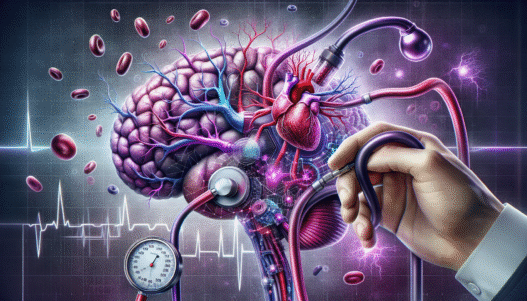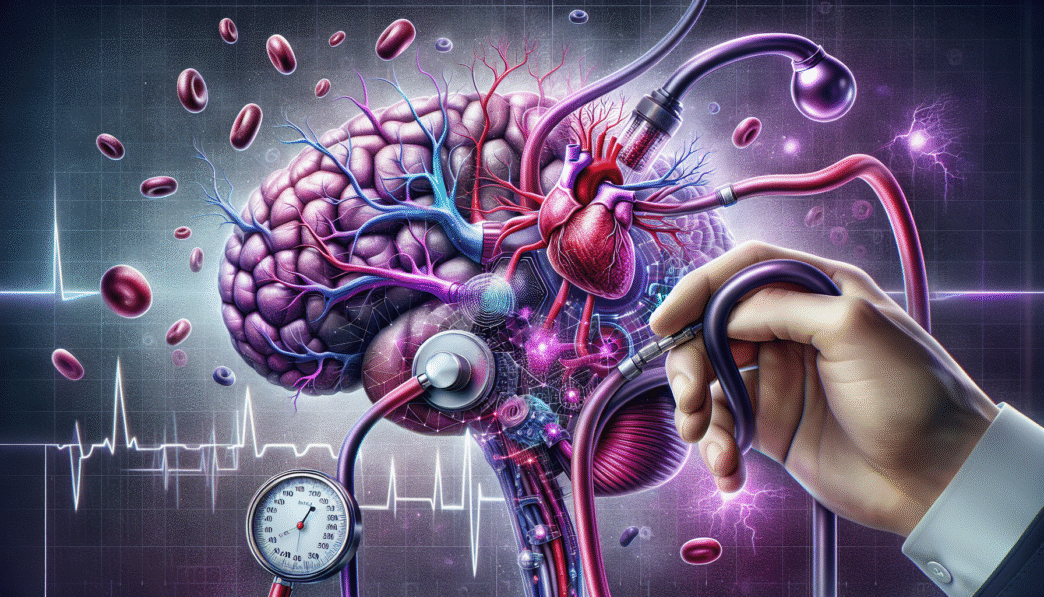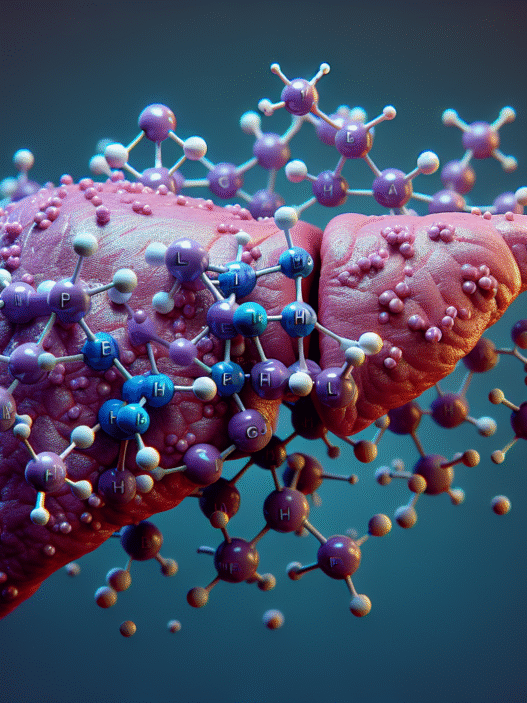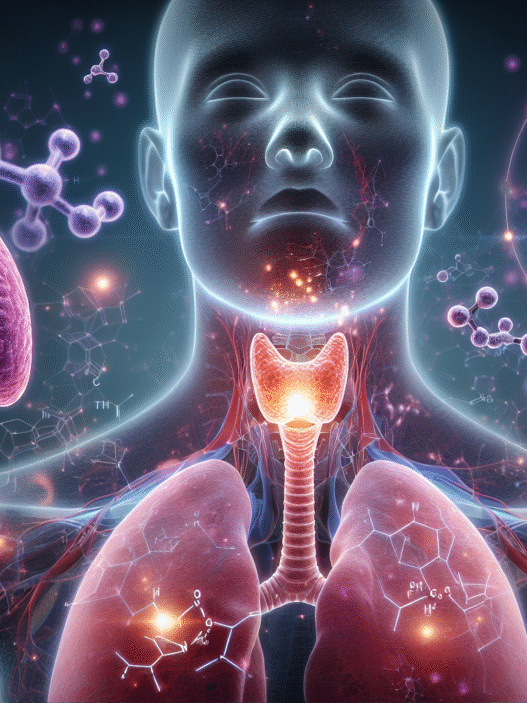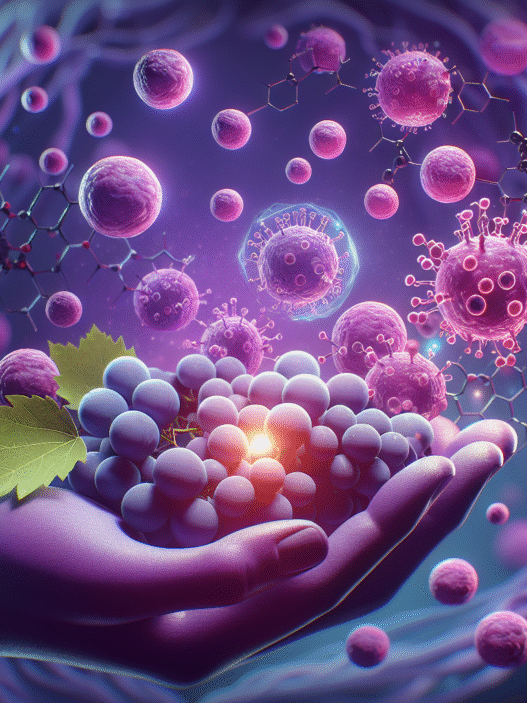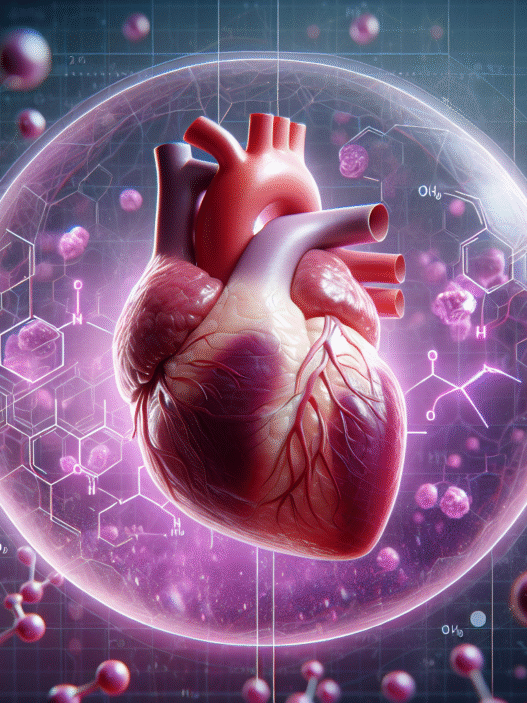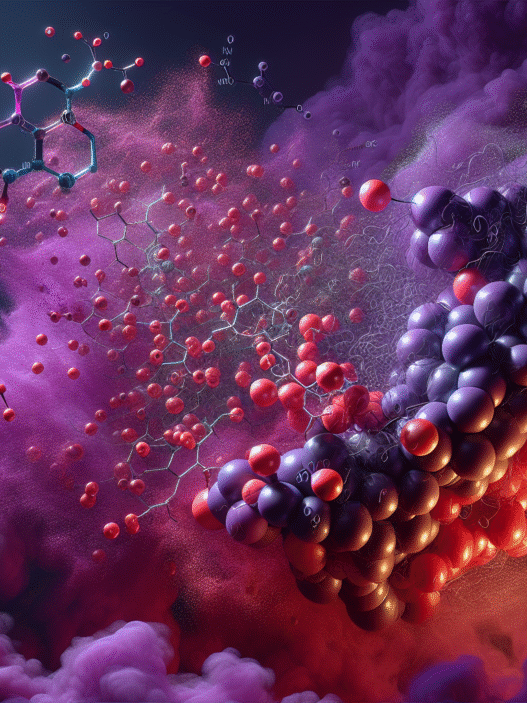Understanding Resveratrol
Resveratrol Basics
Resveratrol is a naturally occurring compound found in certain plants, primarily in grapes, some berries, and various nuts. It often mimics antioxidant activity in the body and may provide a range of health benefits. Research supports its use for cardiovascular protection and regulation of blood pressure (Medical News Today).
This powerful antioxidant efficiently scavenges free radicals, helping to minimize oxidative stress and prevent lipid oxidation, which can lead to toxic effects within the body. Through its protective mechanisms, resveratrol has garnered attention for its potential in anti-aging, heart health, and overall wellness.
Sources of Resveratrol
The primary dietary sources of resveratrol include:
- Red Wine: Contains high amounts of resveratrol due to the fermentation process with grape skins.
- Grapes: Particularly red and purple varieties.
- Berries: Such as blueberries, mulberries, and cranberries.
- Peanuts: A lesser-known source of this beneficial compound.
- Dark Chocolate: Contains some resveratrol, depending on the cocoa content.
| Source | Resveratrol Content (mg per 100g) |
|---|---|
| Red Wine | 0.2 – 5.8 |
| Grapes | 0.24 – 1.25 |
| Blueberries | 0.02 – 0.4 |
| Peanuts | 0.01 – 0.2 |
| Dark Chocolate | 0.10 – 0.5 |
The amounts can vary significantly based on the variety and growing conditions of these foods. Those seeking to increase their resveratrol intake can consider incorporating more of these sources into their diet. For further exploration of resveratrol’s potential impacts on health, including inquiries like “can resveratrol raise blood pressure?” and related questions, individuals may refer to articles discussing what is the downside of resveratrol? and is resveratrol toxic to the liver?.
Resveratrol and Blood Pressure
Resveratrol has garnered attention for its various health benefits, particularly in relation to blood pressure. This section will address how it affects blood clotting, impacts liver function, and its role in managing hypertension, answering the question: can resveratrol raise blood pressure?
Effects on Blood Clotting
Resveratrol has been noted for its potential to influence blood clotting mechanisms. While specific studies on resveratrol’s effect on clotting are limited, it is understood that compounds with anticoagulant properties can help improve overall cardiovascular health. By potentially decreasing platelet aggregation, resveratrol may contribute to lower risks for clot-related complications.
Impact on Liver Function
There is ongoing research regarding how resveratrol interacts with liver health. Studies have suggested that resveratrol can have positive effects on liver function, although caution is advised as it might not be suitable for everyone. Concerns have been raised about toxicity, especially in excessive doses. For more information on liver health in relation to resveratrol, read our article on is resveratrol toxic to the liver?.
Resveratrol in Hypertension
Numerous studies indicate that resveratrol may play a beneficial role in managing blood pressure levels. A randomized, double-blind, cross-over study in November 2011 demonstrated that a daily dose of 150 mg of resveratrol lowered mean systolic and arterial blood pressure after 30 days. Additionally, resveratrol has been found effective in bringing blood pressure down to normal levels for patients with primary hypertension when integrated with standard antihypertensive therapy.
| Blood Pressure Measurement | Before Resveratrol Treatment (mmHg) | After Resveratrol Treatment (mmHg) |
|---|---|---|
| Systolic Blood Pressure (SBP) | 142.7 – 178.6 | Decreased significantly |
| Diastolic Blood Pressure (DBP) | 91.7 – 108.9 | Decreased significantly |
Data indicates that after treatment, both SBP and DBP exhibited significant decreases, indicating that resveratrol might be an effective adjunct in blood pressure management.
The reduction in blood pressure has been attributed to resveratrol’s role in enhancing nitric oxide (NO) production, which is crucial for inducing vasodilation. Increased NO levels relax smooth muscle cells, reducing peripheral resistance and promoting improved blood flow.
The following clinical trial included 97 patients, split into groups based on their hypertension stage, showing controlled results with significant implications for those seeking natural methods to enhance heart health. For further insights regarding the utilization of resveratrol in health treatments, visit our page on whether do doctors recommend resveratrol?.
Health Benefits of Resveratrol
Resveratrol is a naturally occurring compound found in various plants, particularly in the skin of red grapes. It is often associated with numerous health benefits, making it a subject of interest for those seeking natural health and holistic wellness solutions. This section explores its anti-inflammatory effects, role in cardiovascular health, and preventative properties.
Anti-Inflammatory Effects
Resveratrol is known for its ability to reduce inflammation within the body. Studies suggest that it can lower LDL or “bad” cholesterol levels and make it more difficult for clots to form, both of which are crucial factors in preventing heart attacks. The compound exhibits promising anti-inflammatory effects that contribute to heart disease prevention.
| Benefit | Impact |
|---|---|
| Reduces inflammation | Lowers risk of heart disease |
| Lowers LDL cholesterol | Protects against heart attack |
| Prevents clot formation | Reduces risk of stroke |
Role in Cardiovascular Health
The cardioprotective properties of resveratrol are well-documented. It aids in improving cardiovascular function by reducing inflammation and preventing oxidative stress, both of which are linked to cardiovascular diseases. Furthermore, resveratrol promotes vasodilation, which can help lower hypertension and reduce the overall risk of heart-related conditions.
| Cardiovascular Benefit | Mechanism |
|---|---|
| Reduces inflammation | Protects heart function |
| Prevents oxidative stress | Lowers cardiovascular disease risk |
| Induces vasodilation | Decreases hypertension risk |
Preventative Properties
In addition to its cardiovascular benefits, resveratrol has been reported to help prevent insulin resistance, which can lead to diabetes. It activates the SIRT1 gene, thought to protect against obesity and age-related diseases. This functionality makes resveratrol a compound of interest for those looking to maintain overall health and longevity.
| Preventative Benefit | Effect |
|---|---|
| Activates SIRT1 gene | Protects against obesity |
| Reduces insulin resistance | Lowers diabetes risk |
| Promotes overall health | Supports aging process |
While exploring the health benefits of resveratrol, it is important to consider its overall impact, including potential side effects and interactions. For further information, you might be interested in our articles discussing what is the downside of resveratrol? and is resveratrol toxic to the liver?. Additionally, those curious about professional opinions can check out do doctors recommend resveratrol?.
Resveratrol and Disease Prevention
Resveratrol, a natural compound found in various plants, has gained attention for its potential health benefits. This section highlights the significant roles resveratrol plays in disease prevention, focusing on its anticancer properties, neuroprotective benefits, and antimicrobial activities.
Anticancer Properties
Resveratrol exhibits noteworthy anticancer properties by inhibiting all stages of carcinogenesis, including initiation, promotion, and progression. Numerous in vitro and in vivo studies suggest that it can act as both a chemopreventive and chemotherapeutic agent. Resveratrol achieves this by modulating cellular responses, inducing apoptosis (programmed cell death), and affecting cell survival and proliferation.
The following table summarizes the anticancer mechanisms of resveratrol:
| Mechanism | Description |
|---|---|
| Inhibition of Cell Proliferation | Resveratrol can reduce the proliferation of cancer cells. |
| Induction of Apoptosis | It prompts cancer cells to undergo programmed cell death. |
| Targeting Signaling Pathways | Resveratrol affects various signaling pathways that regulate cell survival and apoptosis. |
Studies indicate that resveratrol can enhance the effectiveness of chemotherapeutic and radiotherapeutic treatments, making it a potential adjunct in cancer therapy.
Neuroprotective Benefits
In addition to its anticancer effects, resveratrol possesses neuroprotective roles, which may help combat neurodegenerative diseases such as Alzheimer’s, Huntington’s, Parkinson’s, and Amyotrophic Lateral Sclerosis. Its protective effects stem from several mechanisms, including improving mitochondrial functions and reducing oxidative stress. Resveratrol helps prevent apoptosis in neurons, which is crucial for maintaining neuronal health and function.
The following table outlines the neuroprotective mechanisms of resveratrol:
| Mechanism | Description |
|---|---|
| Mitochondrial Function | Enhances the energy production in neurons, supporting overall brain health. |
| Reduction of Oxidative Stress | Neutralizes free radicals, protecting neurons from damage. |
| Prevention of Cell Death | Resveratrol prevents harmful cell death, promoting neuron survival. |
Through its neuroprotective effects, resveratrol may play a vital role in preventing or delaying neurodegenerative diseases.
Antimicrobial Activities
Resveratrol also demonstrates antimicrobial activity by inhibiting the growth of various pathogenic microorganisms, including Gram-positive and Gram-negative bacteria and fungi. It has shown efficacy against pathogens such as Candida albicans, Campylobacter, Arcobacter species, Staphylococcus aureus, and even viruses like the Pseudorabies virus.
The table below provides a summary of some pathogenic organisms affected by resveratrol:
| Pathogen | Type |
|---|---|
| Candida albicans | Fungi |
| Campylobacter | Bacteria |
| Arcobacter species | Bacteria |
| Staphylococcus aureus | Bacteria |
| Pseudorabies virus | Virus |
The antimicrobial properties of resveratrol suggest it could be beneficial for improving overall health and limiting infections.
Resveratrol presents promising avenues for disease prevention through its diverse therapeutic effects. For those exploring the health benefits and potential risks of resveratrol, additional information can be found in our articles on what is the downside of resveratrol? and is resveratrol toxic to the liver?.
Resveratrol Dosage and Side Effects
Understanding the appropriate dosage and potential side effects of resveratrol is essential for those considering its use to enhance health and wellness. This section explores recommended dosages, potential side effects, and how resveratrol may interact with other medications.
Recommended Dosages
Most studies suggest that a daily dosage of 150 to 500 mg of resveratrol is effective for health benefits, but specific recommendations may vary based on individual needs. It is advisable to consult with a healthcare professional to determine the most suitable dosage for personal circumstances.
| Dosage Range | Purpose |
|---|---|
| 150 – 500 mg/day | General health benefits |
| Higher doses | May be needed under medical supervision |
Potential Side Effects
While resveratrol can offer numerous benefits, it may also lead to certain side effects. These can include:
- Bruising and Bleeding: Resveratrol may slow blood clotting, increasing the risk of bruising or bleeding, particularly when combined with other anticoagulants.
- Digestive Upset: Some users may experience gastrointestinal discomfort or upset, such as diarrhea or stomach pain.
- Headaches or Dizziness: A few individuals have reported experiencing mild headaches or dizziness after taking resveratrol.
For detailed information about potential downsides, refer to our article on what is the downside of resveratrol?.
Effects on Drug Interactions
Resveratrol can interact with various medications, which may alter their effectiveness. Notably, it can inhibit enzyme activity, affecting how certain drugs are metabolized in the body. The following interactions are particularly significant:
- Blood Thinners: Resveratrol may enhance the effects of anticoagulant and antiplatelet drugs, increasing the risk of bleeding (Medical News Today).
- CYP3A4 Inhibition: It interferes with the CYP3A4 enzyme, which is involved in metabolizing numerous medications, potentially increasing their bioavailability and toxicity.
- Transporter Drugs: Resveratrol may modulate drug transporters, impacting the absorption and effectiveness of certain medications.
Patients should discuss the use of resveratrol with their healthcare provider, especially if they are on medication, to evaluate any potential interactions. For specific queries regarding medical advice, check out our article on do doctors recommend resveratrol?.
By being informed about proper dosages and potential side effects, individuals can make more informed decisions regarding resveratrol supplementation and its implications for health.
Resveratrol Research and Safety
Understanding the research surrounding resveratrol is essential for consumers interested in its potential benefits and risks. This section explores clinical trials and studies related to its effects, its bioavailability and metabolism, and its toxicity and cytotoxicity.
Clinical Trials and Studies
Numerous clinical trials have investigated the effects of resveratrol on health outcomes, particularly its role in anti-aging and cardiovascular health. Many studies focus on its antioxidant properties and potential benefits for chronic diseases. However, results are often mixed, with some trials showing positive effects and others indicating minimal or no benefits.
Due to its pharmacokinetics, resveratrol shows poor bioavailability. Orally consumed, only trace amounts of un-metabolized resveratrol are detected in plasma. It undergoes rapid sulfate conjugation in the intestine and liver, which further limits its efficacy.
Bioavailability and Metabolism
Resveratrol has low water solubility, with its stability influenced by pH and temperature. This leads to challenges in absorption and effectiveness.
| Parameter | Value/Detail |
|---|---|
| Bioavailability | Low |
| Plasma Concentration | Trace amounts |
| Metabolism | Rapid sulfate conjugation |
| Solubility | Low |
Resveratrol interacts with other drugs by inhibiting the CYP3A4 enzyme, which is crucial in drug metabolism. It also affects drug transporters, potentially increasing the risk of adverse effects or reducing the efficacy of other medications when combined.
Toxicity and Cytotoxicity
Research indicates that while resveratrol has protective benefits at low doses, it can exhibit pro-oxidant effects at high concentrations, leading to DNA damage and oxidative stress in vitro. These effects suggest a biphasic dose-dependent behavior—antioxidant properties at low doses and potential toxicity at higher doses.
High doses of resveratrol may inhibit enzyme activity, altering the bioavailability and toxicity of certain drugs. Furthermore, it can hinder human platelet aggregation, increasing the risk of bleeding when taken with anticoagulant or antiplatelet medications (Medical News Today).
The cytotoxic effects of resveratrol have been documented in various cellular models, demonstrating concentration-dependent outcomes that impact healthy cells negatively. In some cases, resveratrol concentrations induce apoptosis and reduce cell viability, particularly in tumor-derived cells.
Consumers considering resveratrol should review both the potential benefits and risks, especially regarding the dosage and interaction with other medications. For information about the potential downsides, check our article on what is the downside of resveratrol?.










